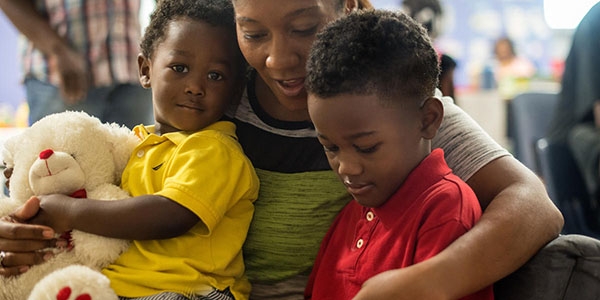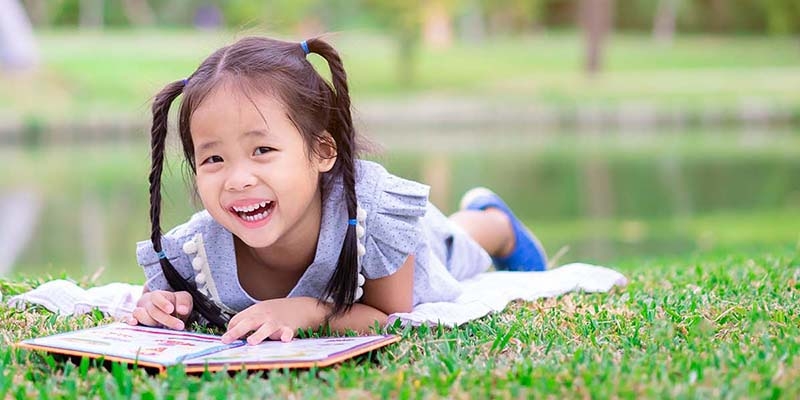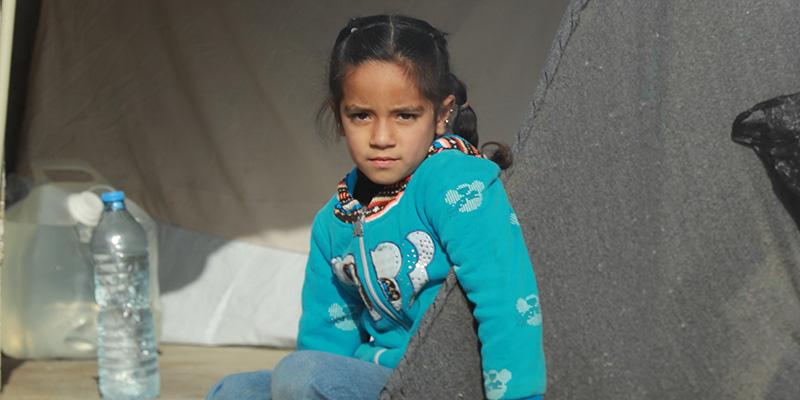7 Tips for How to Talk to Children About Terrorism
Terrorists often use violence and threats to create fear among the public. Their attacks can leave children with feelings of uncertainty about the future and further attacks.
Here, Save the Children’s emergency response experts offer tips to help you talk to children about terrorism.
- Take a step back and reflect
Before you engage in a discussion with your child about terrorism, it's important to look inward. Start by acknowledging your own beliefs and biases. It's true that your lived experiences, your level of privilege and how you interpret the current events may influence how you talk to your children about certain topics.
Reflecting on each of those things first can help frame the first of potentially many sensitive conversations.
- Acknowledge what your child is feeling about terrorism.
Your child may feel scared, shocked, angry, sad and confused by acts of terrorism. Encourage them to talk about these feelings with you or someone they trust.
Some children find it best to use art or movement to help them express how they feel.
- Do your research and educate yourself.
You’re not expected to be an expert on terrorism, but take it upon yourself to get informed so that you can answer questions and correct misinformation.
Explain there are always good people who try to prevent terrorism and who help after an incident. Use simple words that even young children can understand.
- Recognize what’s in your power.
Thinking about what you can personally do to take action and stand up for what is right can help.
- Embrace others.
Communities often come together when tragedy strikes. Some children may find comfort in joining together with others through vigils, fundraisers or services — held virtually during the COVID-19 pandemic but still a powerful way of connecting.
- Limit exposure to media and social media.
After a terrorist incident, it’s important for children to understand what’s happening around them, but the images and stories portrayed on the news and social media can cause anxiety and fear in both kids and adults. Don’t overdo it.
- Be a good role model.
As children grow beyond their early years, they begin to reflect the views and behaviors of the people who mean the most to them. Stay calm and model thoughtful, inclusive behavior.



